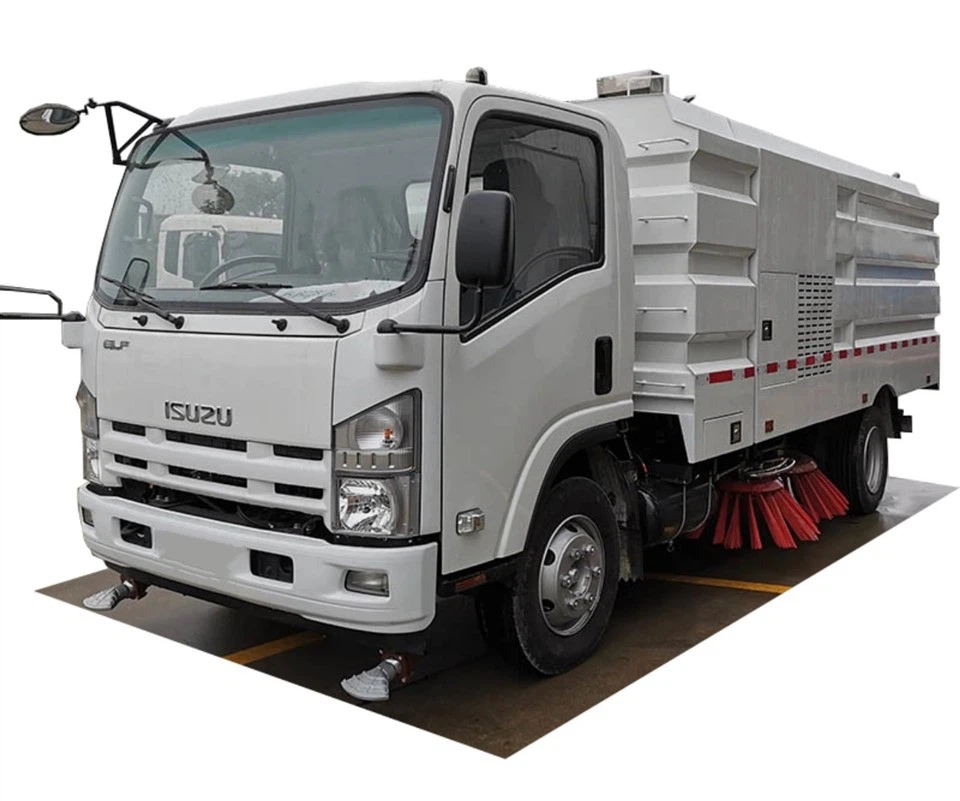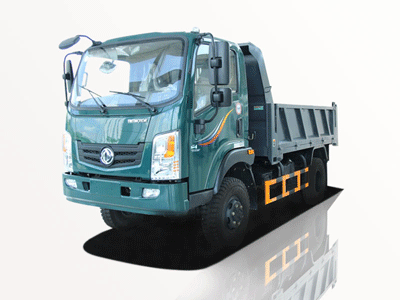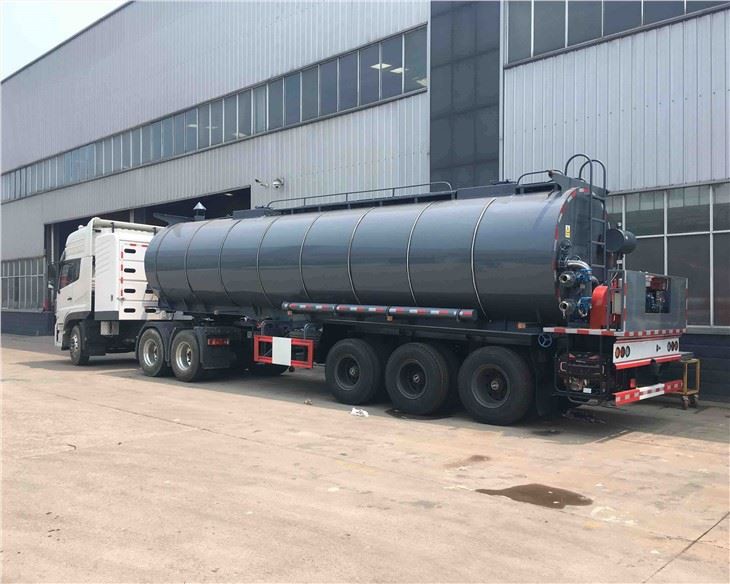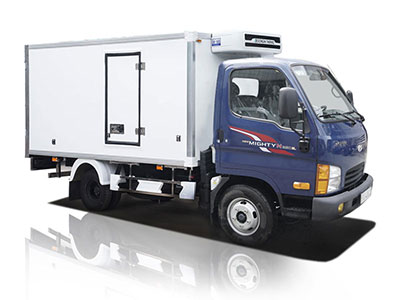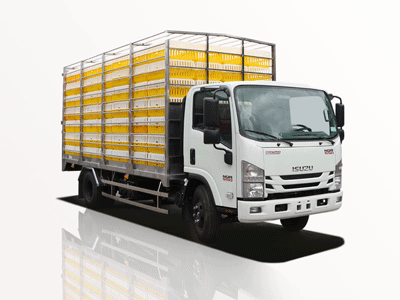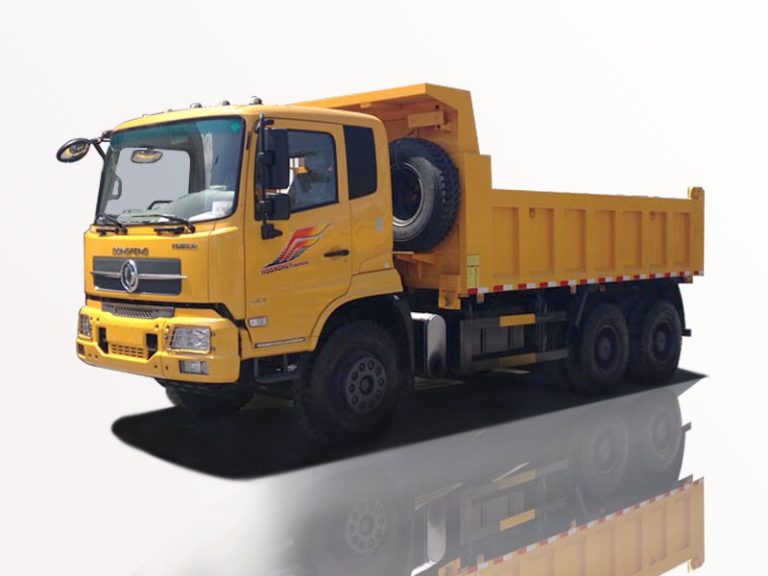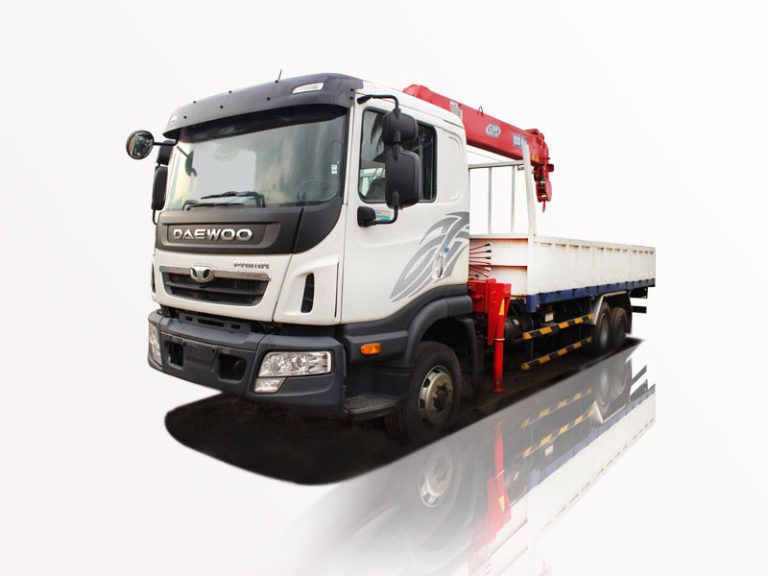Introduction
The roll-off truck world plays a critical role in waste management and the transportation of various materials. These specialized trucks offer an efficient way to handle debris, construction waste, and recyclable materials across urban and rural landscapes. This article aims to dive deep into the functionalities, types, benefits, and considerations of roll-off trucks, equipping you with a thorough understanding of this vital sector within the logistics and waste management industries.
The Basics of Roll-Off Trucks
What is a Roll-Off Truck?
A roll-off truck is a heavy-duty vehicle primarily designed to transport waste materials in large containers called roll-off bins. These trucks operate with a unique mechanism that allows the containers to be rolled off and on the truck with ease, facilitating loading and unloading processes.
How Roll-Off Trucks Operate
The operational mechanism of roll-off trucks involves hydraulic systems that lift the rear of the truck, allowing the container to slide off. The container is securely locked in place while on the truck and is designed to be transported quickly and safely.
Components of a Roll-Off Truck
- Chassis: The base frame that supports the truck.
- Hydraulic System: Facilitates the lifting and lowering of containers.
- Roll-Off Bins: Large containers designed to hold various materials.
- Loading Mechanism: Often includes hooks or rails for securing bins.
Types of Roll-Off Trucks
Standard Roll-Off Trucks
Standard roll-off trucks are generally equipped to handle typical construction debris and waste. They come with varying capacities based on the size of the bins they can carry.
Flatbed Roll-Off Trucks
These trucks allow for versatility in transportation as they can carry flat items and equipment in addition to standard roll-off containers.
Compaction Roll-Off Trucks
Compaction trucks are designed to compress waste materials within the container, allowing for more efficient transport and less frequent trips to disposal sites.
Common Use Cases for Roll-Off Trucks
Construction and Demolition
One prevalent application for roll-off trucks is the transportation of construction debris. Building sites frequently generate excess materials that need efficient removal.
Landscaping Projects
Landscaping companies utilize roll-off trucks for hauling away soil, mulch, and other organic waste. The flexibility of roll-off bins allows for quick disposal and replacement during big projects.
Masonry Work
Large quantities of materials are often involved in masonry work. Roll-off trucks facilitate the efficient movement of bricks, concrete, and other heavy materials.
Benefits of Using Roll-Off Trucks
Efficiency in Waste Management
Roll-off trucks significantly reduce the time and labor required to transport large quantities of waste and materials, enhancing operational efficiency.
Cost-Effective Solution
By minimizing the number of trips needed to haul materials, roll-off trucks save businesses both time and transportation costs, making them a cost-effective choice.
Environmental Impact
Using roll-off trucks encourages recycling as they can easily transport separated recyclables, which supports sustainability efforts in waste management.
Versatile Applications
Roll-off trucks can be adapted for various applications in multiple industries, affirming their importance in logistics and transport.
Choosing the Right Roll-Off Truck for Your Needs
Assess Your Requirements
Knowing the type of materials you will handle is crucial in selecting the appropriate roll-off truck. Evaluate the size and weight of typical loads.
Consider Container Sizes
Roll-off bins come in different sizes, usually ranging from 10 to 40 cubic yards. Choose a container size that aligns with your specific project needs for efficient operation.
Review Truck Specifications
| Truck Type | Max Weight Capacity | Container Sizes |
|---|---|---|
| Standard Roll-Off | 15-30 tons | 10, 20, 30, 40 cubic yards |
| Flatbed Roll-Off | 20-40 tons | Custom sizes available |
| Compaction Roll-Off | 15-25 tons | 20, 30 cubic yards |
Safety Considerations for Roll-Off Trucks
Training and Guidelines
Proper training for operators is essential. They should be familiar with the truck’s features and adhere to safety guidelines to avoid accidents.
Regular Maintenance
Frequent check-ups on hydraulic systems, brakes, and load-securement features should be part of standard operating procedures to ensure safe transportation.
The Future of Roll-Off Trucks
Technological Advancements
With technology advancing rapidly, features like GPS tracking, telematics, and fuel-efficient engines are becoming more prevalent in roll-off trucks, improving performance and sustainability.
Adoption of Green Technologies
The integration of electric and hybrid roll-off trucks can contribute to lowering carbon footprints, reflecting the industry’s shift towards greener practices.
Frequently Asked Questions
1. What materials can be transported using roll-off trucks?
Roll-off trucks can transport various materials, including construction debris, yard waste, metal scraps, and recyclable materials.
2. How do I choose the right size of roll-off container?
Assess the volume and type of waste you need to dispose of. General sizes range from 10 to 40 cubic yards, so pick one that fits your project requirements.
3. Are roll-off trucks suitable for residential use?
Yes, roll-off trucks are perfect for residential projects such as home renovations, cleanouts, and large landscaping tasks.
4. How is waste disposal handled with roll-off trucks?
After filling the roll-off containers, the truck hauls the waste to a designated disposal site, which may include landfills or recycling centers.
5. What safety precautions are important when operating a roll-off truck?
Operators should follow safety protocols, including regular vehicle maintenance checks, proper loading techniques, and using personal protective equipment.
6. Can roll-off trucks be rented?
Many companies offer roll-off trucks for rent, including the containers. This can be a cost-effective option for one-off projects.
